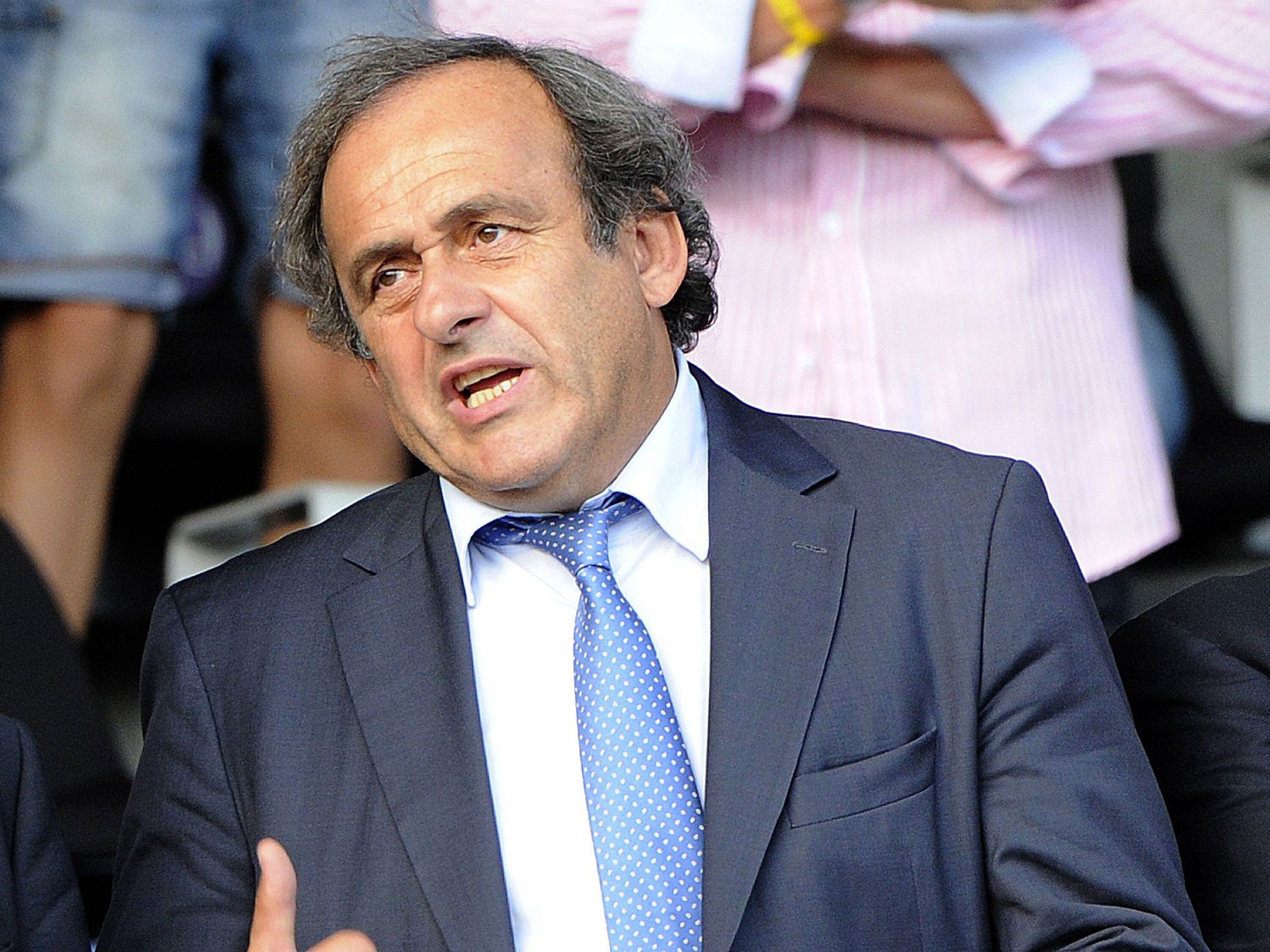Exclusive: Uefa plot to turn the Euros into alternative World Cup
Brazil and Argentina could be asked to join a new-look tournament

Your support helps us to tell the story
From reproductive rights to climate change to Big Tech, The Independent is on the ground when the story is developing. Whether it's investigating the financials of Elon Musk's pro-Trump PAC or producing our latest documentary, 'The A Word', which shines a light on the American women fighting for reproductive rights, we know how important it is to parse out the facts from the messaging.
At such a critical moment in US history, we need reporters on the ground. Your donation allows us to keep sending journalists to speak to both sides of the story.
The Independent is trusted by Americans across the entire political spectrum. And unlike many other quality news outlets, we choose not to lock Americans out of our reporting and analysis with paywalls. We believe quality journalism should be available to everyone, paid for by those who can afford it.
Your support makes all the difference.Revolutionary plans to expand the European Championship into a huge rival to the World Cup are being discussed by advisers close to Uefa’s president, Michel Platini.
In the biggest change to international football for three decades, the revamped tournament would see national teams from other continents invited to take part. Under the new blueprint, which is another sign of the growing rift between Platini and Fifa’s president, Sepp Blatter, Brazil, Argentina, Mexico and even Japan would be invited to compete against Europe’s leading teams at Euro 2020.
The plans are still to be finalised, let alone approved, but one senior adviser to Platini said: “The ideas are at an early stage but they are very feasible. The South Americans have been doing it for decades, inviting teams from outside their continent to take part in the Copa America. So why cannot Europe?”
Since 1993 three teams from North and Central America – USA, Mexico and Costa Rica – have been regular participants in Copa America.
A decision has already been taken to expand the 2016 European Championship to 24 teams, just eight fewer than the World Cup. According to Platini’s adviser the tournament could be run on similar lines to Fifa’s showpiece event.
Although the two tournaments are held two years apart, Uefa insiders are clearly aware that Fifa would regard the new venture as a significant threat, since the World Cup is their major source of income.
The development comes amid widespread disillusion with the way Fifa, and the controversial Blatter, have handled the awarding of the 2022 World Cup to Qatar, the fallout from which dominated last week’s Fifa Executive Committee meeting in Zurich. Premier League clubs have led the opposition to moving the tournament to a winter schedule, and a Fifa task force has been set up to try to find a way forward.
That the European Championship plans are being openly talked about in Uefa circles also shows the split that has developed between Platini and Blatter, world football’s two most powerful men. That in turn reflects a wider battle which has seen Fifa seek to dilute Europe’s influence.
As the adviser said: “Many in Fifa are talking of cutting back Europe’s power, reducing the number of European teams in the World Cup [currently 13 out of 32 in 2014] and also our representation on the Fifa executive [eight out of 24].”
If the plans are implemented, they would mark the final evolution of a tournament which began in 1960 as a competition run along the lines of the old European Cup. Teams played each other home and away in the early rounds, with only four teams contesting the finals. The present format of qualifying group stages was only introduced in 1980, but last year Platini shocked everyone by announcing that the 2020 tournament will be held in 13 cities.
The proposed new tournament would be a huge money-spinner and could also be justified on football grounds. The European Championship has long been regarded as producing a better calibre of football than the present World Cup, because of the latter’s need to accommodate all continents. This contrast was particularly pronounced in the last tournament, in South Africa in 2010.
Join our commenting forum
Join thought-provoking conversations, follow other Independent readers and see their replies
Comments